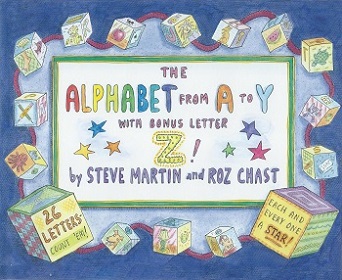Sunday, July 11, 2021, 『五』 ― The before the 1950s' Gay Life
the joyous life, the happy life."
(ECRL 397-1)
- short 'a' is pronounced like the Modern English "o" sound in "contact":manegum
- long 'a' is pronounced like the "a" sound in Modern English "father: þam
- short 'y' is pronounced like the "i" sound in Modern English "will": wylle
- long 'y' is pronounced like the "oo" sound in Modern English "school," but with the lips slightly pursed: gecyþnisse
- 'g' can also be pronounced two ways. Before certain vowels it is pronounced like the Modern English "y" in the word "yes": gifu. When "g" is used before other vowels it is pronounced the same as Modern English "g" in "golden": goda. Some editors indicate this voiced pronunciation of "g" by putting a dot above the consonant.
Before the word gay was linked to same-sex attraction, it was actually just linked to sexuality in general, heterosexual or homosexual. Starting around the 16th century, some early meanings of gay included being “hedonistic” or “frivolous,” and in the 18th century, “gay houses” was another term for brothels (and not necessarily brothels where same-sex relations were happening).
In an article for The New York Times called ‘The Decline and Fall of the H Word’ Professor George Chauncey notes that uses of gay in queer communities often operated as a code so that people could express same-sex desire through language without being picked up on by others who would respond negatively to them.
Later, in the 1960s ― at the time of choices ― the word gay became the word used by the gay liberation arguing for the decriminalization of same-sex relationships and equality in all aspects of public life. This helped to bring the use of the word as a symbol of pride into wider use, as it was repurposed and taken up in a positive context of self-identification and group communication.
Slang among queer people is still very much a thing today, with words like “otter” and “bear” being a few examples of words with double meanings that many non-queer people aren’t aware of. This is how the word gay became what it is today.


No comments:
Post a Comment